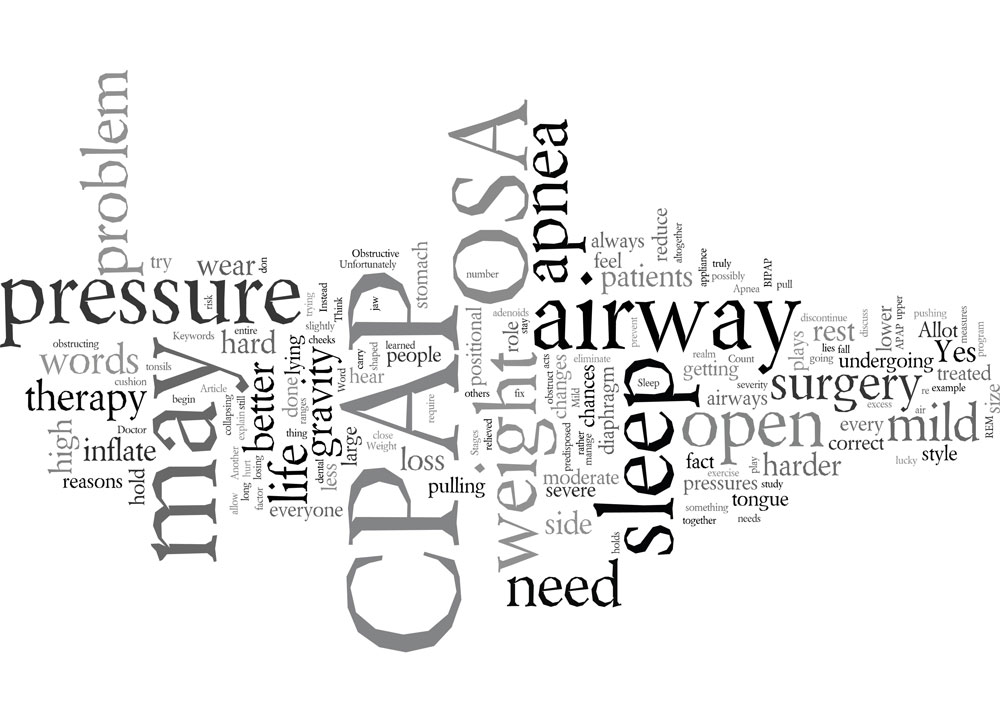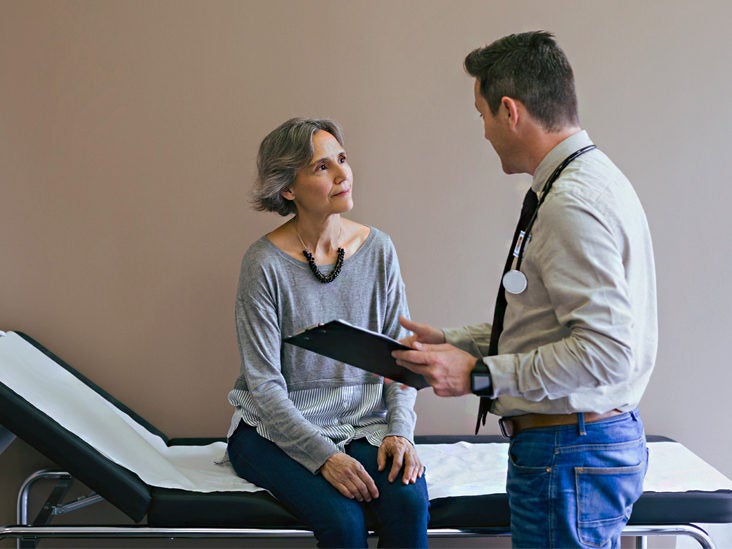

In a statement, Philips said it's churning out repair kits and replacement devices as fast as it can. "Personally, I get somewhere in the 10 to 20 range calls a day. "Just me individually, I have hundreds of patients on these machines, and our sleep center alone has several thousand," said Malhotra, an assistant professor of neurology in the sleep medicine section at Washington University School of Medicine in St. Sleep doctors across the country have been flooded with calls from patients worried that the machine that helps them get a good night's sleep might harm their health, said American Academy of Sleep Medicine president Dr. "I have lots of patients-I was just talking to an airline pilot-who are in positions where being sleepy is not trivial," Feinsilver said. Steven Feinsilver, director of the Lenox Hill Hospital Center for Sleep Medicine, in New York City.


Many patients simply won't be able to wait that long, said Dr. Philips said in September it could take up to a year to repair or replace all machines affected by the recall. Patients with severe sleep apnea now face a difficult choice if they own one of the Philips machines-go without good sleep for months on end, shell out $1,000 for a new device, or keep using a breathing aid that could harm their health. Philips Respironics agreed to a voluntary recall of continuous positive airway pressure (CPAP) machines in late June, over concerns that noise-dampening foam inside the devices might degrade and produce toxic particles and gases.


 0 kommentar(er)
0 kommentar(er)
